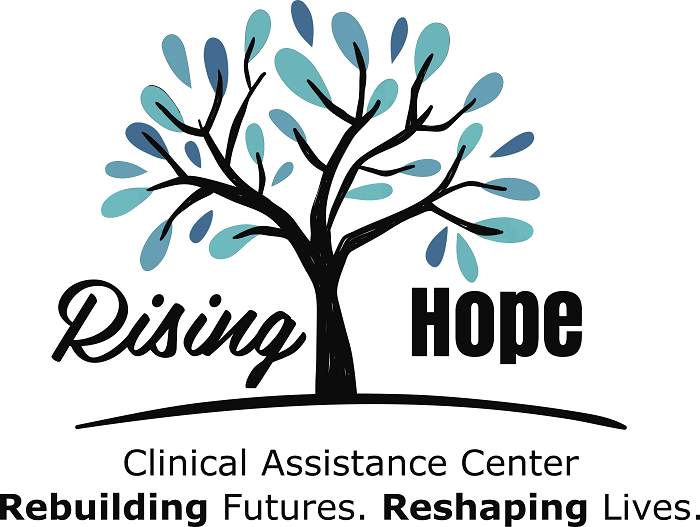

5 Things to Know About Outpatient Therapy
Clients can attend structured treatment sessions, while returning to their own environment with outpatient care. If you’ve come to terms with the fact that you have a dependency you must decide whether an inpatient or outpatient program is the best fit for you. While inpatient programs offer many beneficial services, they may not be feasible for those who cannot meet the commitment that is required. Conversely, there are general factors that must also be determined to make someone a good fit for outpatient therapy such as:
- Have low risk of relapsing when returning to own environment
- Be in good physical and mental health
- Be comfortable in a group setting
- Have a stable home life
When entering an intensive outpatient program, you will be assigned a team who will work with you to create a treatment plan based on your individual needs and evaluation. Outpatient services are greatly focused on developing healthy coping skills as well as preventing relapses.
Here are the top 5 benefits of outpatient care:
Less Restrictive
Outpatient therapy is less restrictive than inpatient programs. Intensive outpatient recovery programs usually require 10 to 12 hours a week spent visiting a local treatment center. These programs allow patients to maintain a regular commitment to family, work, and educational responsibilities.
Privacy
Both inpatient and outpatient care provide a great deal of confidentiality. With outpatient care, patients can have a greater level of privacy and anonymity by being able to maintain a regular commitment to outside responsibilities.
Isn’t Just for Addiction to Drugs and Alcohol
Outpatient therapy isn’t just for addiction. Many people from all backgrounds enroll in outpatient programs, whether they are recommended or not. In an American Journal study, researchers found that about half of the people eligible to enroll in a publicly funded outpatient program had a mental health disorder. Essentially, these people are not typically considered ideal for outpatient care, but they got help in that format anyway, while being unrelated to dealing with addiction.
Cost Effective
Essentially, outpatient treatment centers charge less for their services and are more affordable than inpatient facilities. There is no question of providing accommodation and meals to clients, so clients do not have to pay for such amenities. Similarly, outpatient treatment centers typically do not offer detoxification services, such as IV drips or associated medications, although such resources may be on hand in the event of an emergency.
Instead, outpatient treatment costs mostly go toward the basics of therapy sessions, classes, and onsite drug tests. While some inpatient facilities offer services like swimming, art classes, yoga, or nature excursions, outpatient treatment centers are often not set up to go in those directions, so clients do not have to pay for those services. These facilities often focus entirely on the traditional treatment approaches, and then leave the client free to work on family, normal life, and their job and/or school.
Success Rate
Outpatient care is as successful as inpatient treatment in many cases. You and your medical or counseling professional are best equipped to know which type of treatment is ideal for your situation. Be honest with yourself about how independently dedicated you can be in an outpatient program. When you speak with a specialist about voluntarily entering outpatient care, figure out which aspects of this program would best suit you.
Outpatient and inpatient treatment programs both have life-changing benefits and understanding which program will best help you achieve long-term recovery is one of the first steps toward becoming sober.

